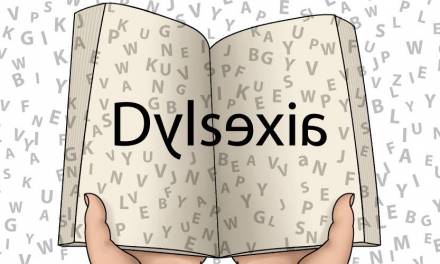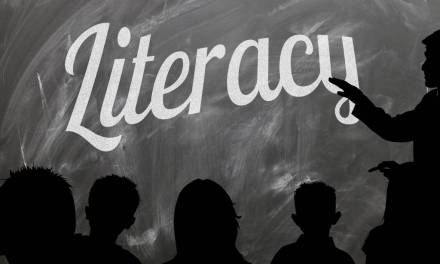Games have been employed in schools, in one form or another, for decades.
Yet today we’re only just coming to realise the true potential power of gaming, and beginning to understand that the advantages go beyond convenience.
Here we inspect just how powerful a resource games can be for boosting literacy skills.
Traditional games
Play-Doh
Play-Doh is a prime example of an innocuous looking item and play that seems to have little to do with literacy. In fact, games such as this develop fine motor skills that will go on to be needed to grip pens and pencils.
A further example is that of building blocks that are used to build structures or create basic words.
Tell me a story
It has been found that the increased social interaction during games can be directly attributed to improved writing. In the case of storytelling based games (e.g. Dungeons & Dragons), a clear link has been identified with the improvement of oral and written skills.
Children learning, retelling and creating new stories orally is the most effective way I know to really have a dramatic impact on their writing and reading.
Video games = Writing + Reading skills
As pupils grow older, and Play-Doh and building blocks are left behind, it is video games that have the ability to engage.
Increasing numbers of studies are only adding to the persuasive arguments for using certain video games in the classroom – finding that it is the narrative structures and traditional written text structures that encourage cognitive processes, imagination and problem solving.
Interestingly enough, the topic of storytelling crops up once more.
The brain, it seems, does not make much of a distinction between reading about an experience and encountering it in real life; in each case, the same neurological regions are stimulated.
To understand the power of narrative based video games, we should perhaps stop thinking of them as games, and begin to regard them as a medium that uses multiple vehicles of communication – writing, speech, sound, music, and still and moving images.
Action gaming and a pivotal study for children with dyslexia
Video games were once a controversial introduction for schools, today action games, by comparison, could be the next divide to be bridged for children with dyslexia.
Video action games in the wider world have been the subject of much ire when it comes to the perceived impact on our youth; and yet one study roundly turned this issue on its head, when researchers discovered that action games could actually boost the reading skills of children with dyslexia.
Much to the chagrin of parents who think their kids should spend less time playing video games and more time studying, time spent playing action video games can actually make dyslexic children read better, new research suggests. In fact, 12 hours of video game play did more for reading skills than is normally achieved with a year of spontaneous reading development or demanding traditional reading treatments.
Whilst the results were revolutionary in neuroscientists’ understanding of the brain mechanisms in those with dyslexia, it’s clear that there is still much research to be done in this realm (and it may still be a hard sell for the wider world at large).
If you want to try out a range of online English games for KS1-2 pupils, check out the games available on our EDArcade platform and complete the contact form to request a free trial.










